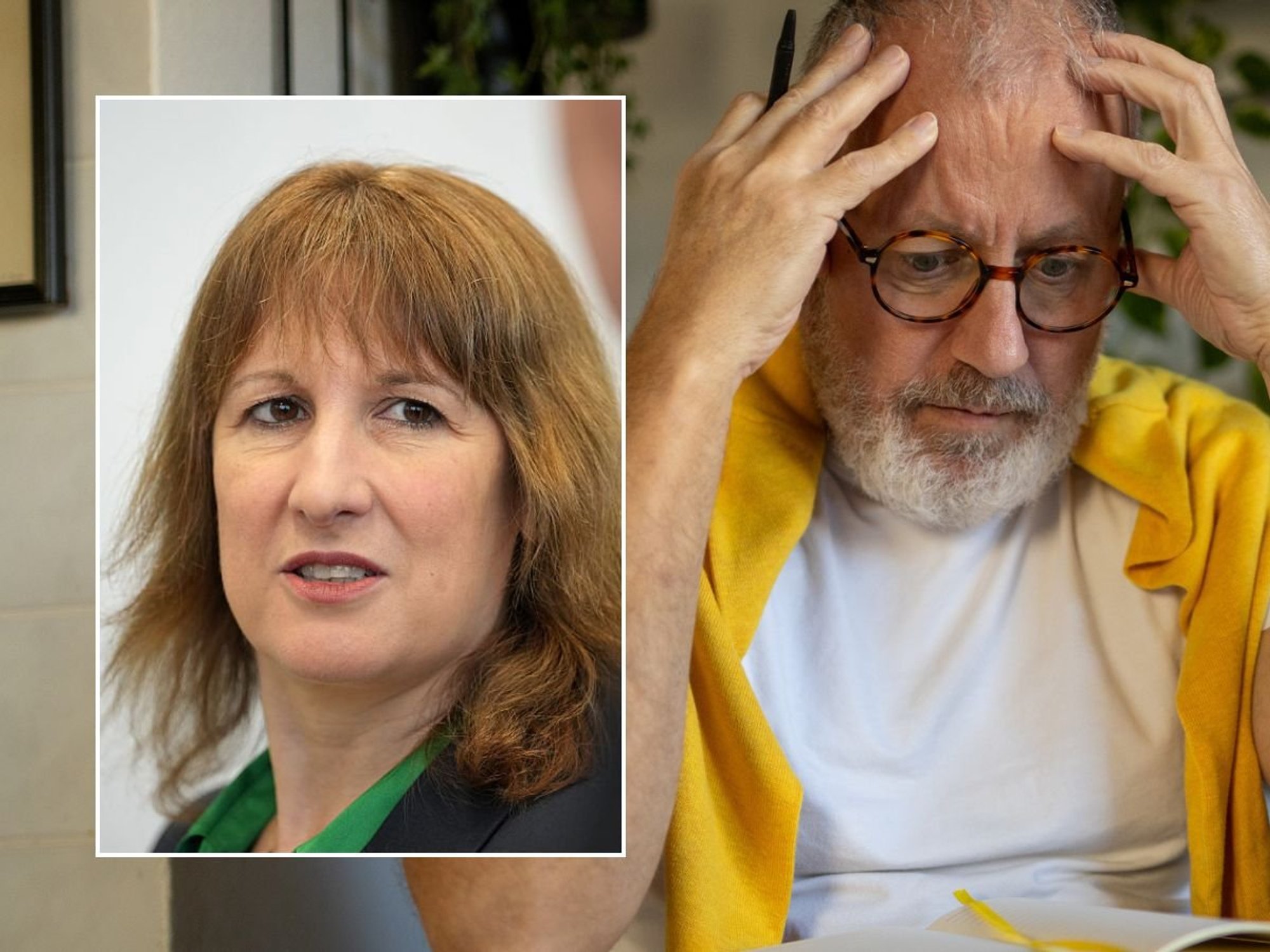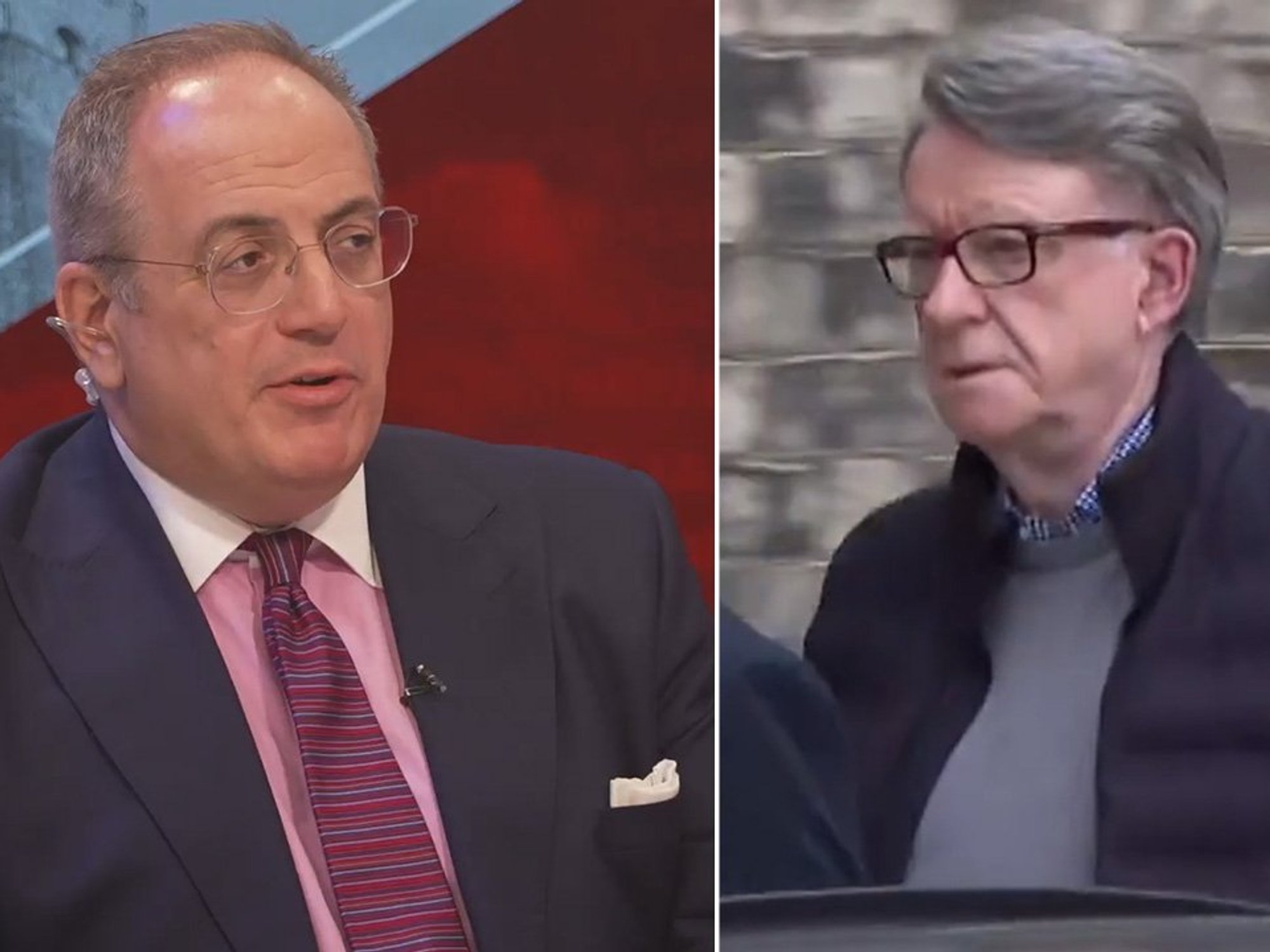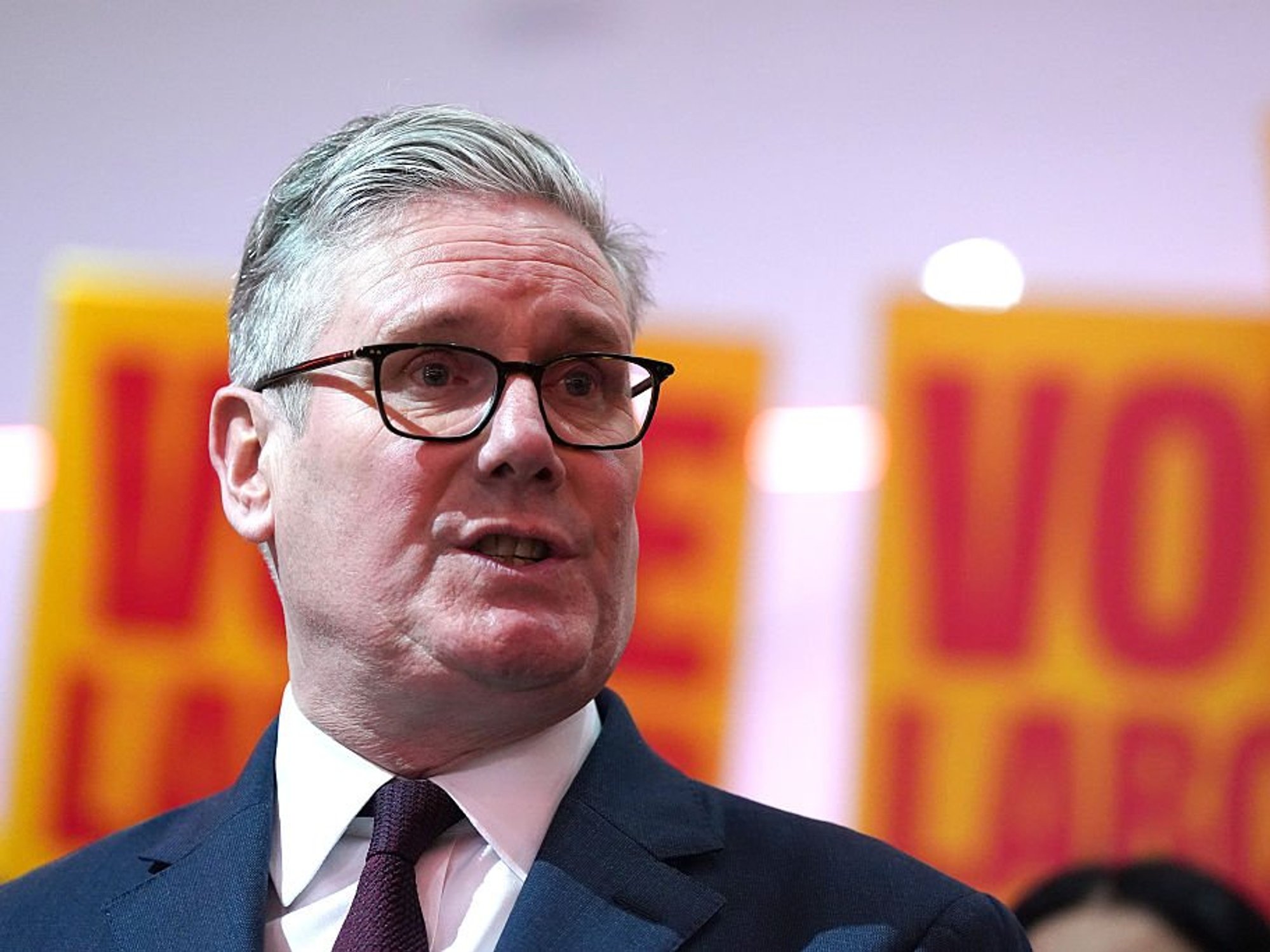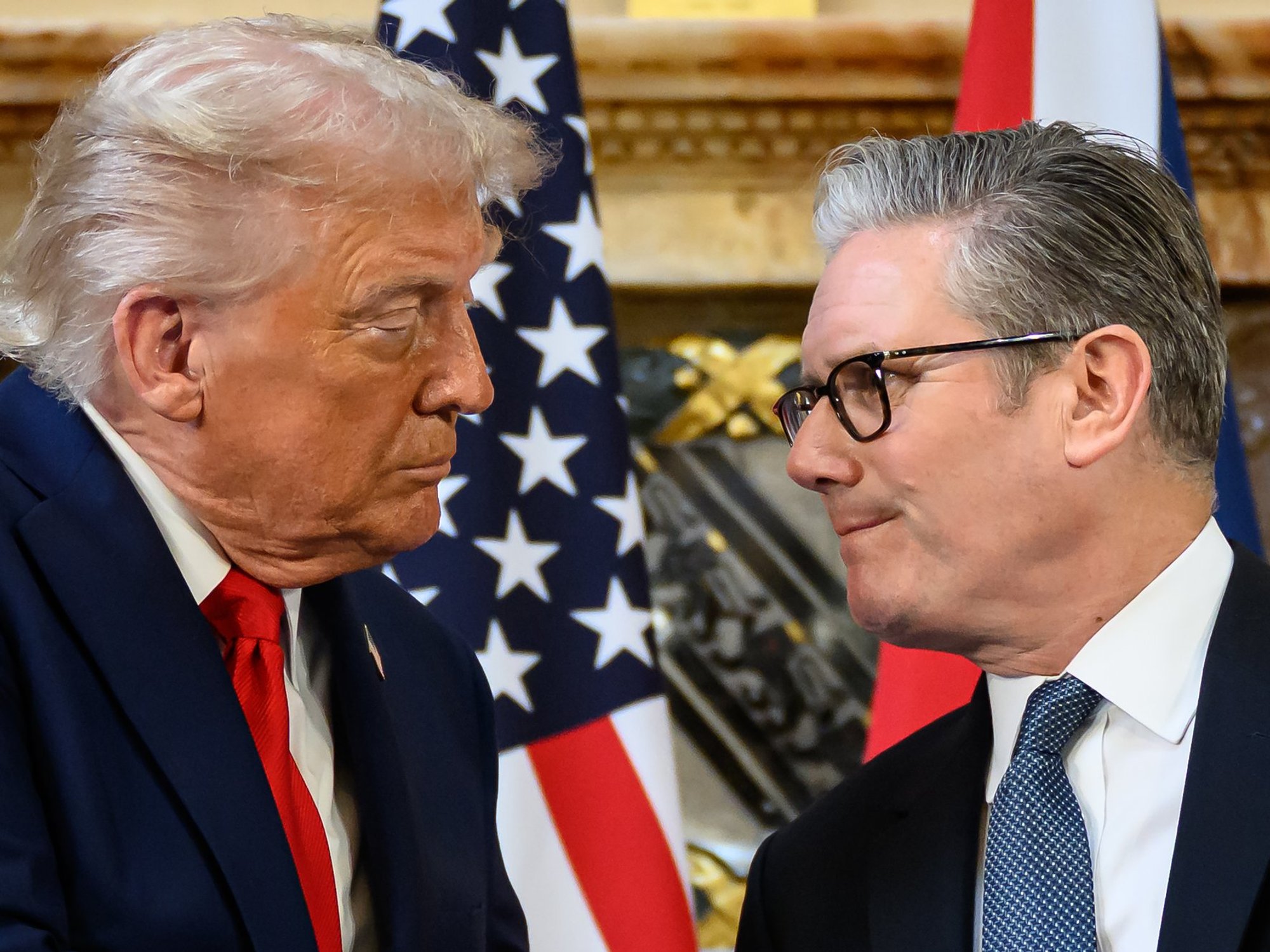Drivers warned of petrol and diesel chaos with 'no coherent policy' on fuel duty tax changes
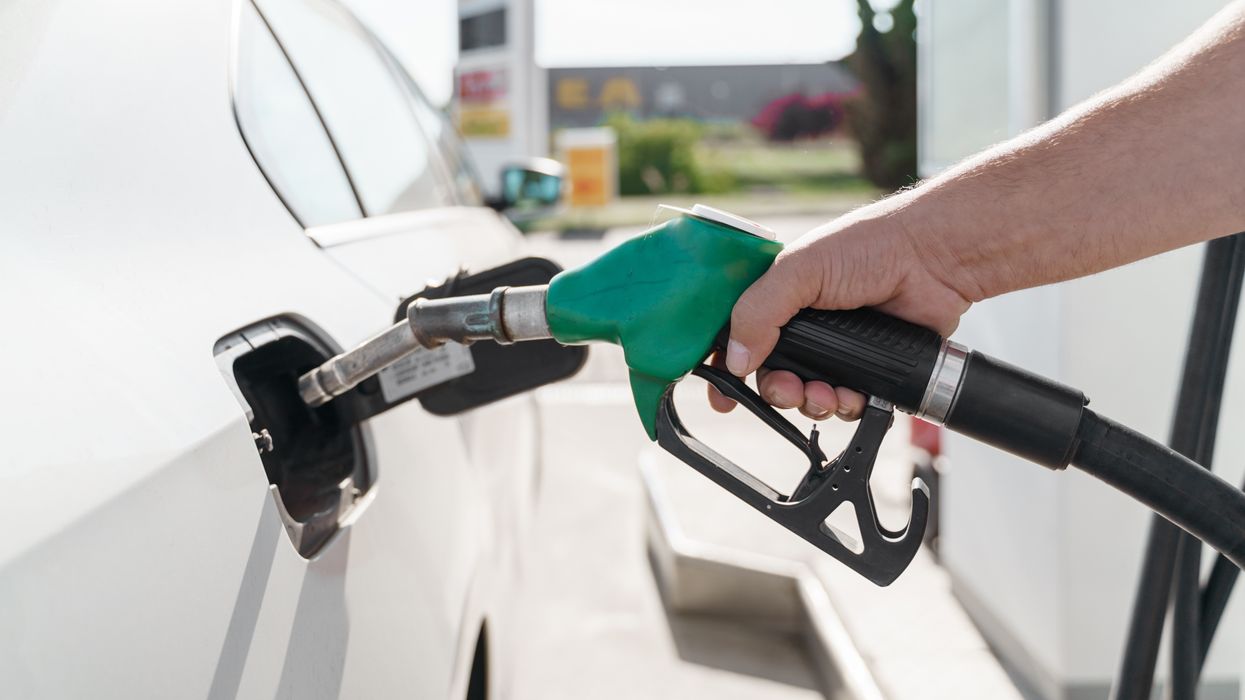
The think tank accused the Government of not having motoring tax plans for the future
| GETTY
Fuel duty brings in around £35billion to the Treasury every year
Don't Miss
Most Read
The Government has "no coherent policy" when it comes to taxing motorists and fuel companies, according to a leading auditing firm, just weeks before the General Election.
According to audit, tax and advisory firm Blick Rothenberg, the Government is unprepared to change the system of taxation used for motorists in the UK.
The firm claimed that more needed to be done to ensure that the Government wouldn't suddenly lose out on billions of pounds worth of revenue from taxes and fuel duty.
Analysis by the Tony Blair Institute for Fiscal Studies estimated states that the UK would need to increase taxes equivalent to up to 2p on income tax and up to 6p by 2040.
Do you have a story you'd like to share? Get in touch by emailing motoring@gbnews.uk
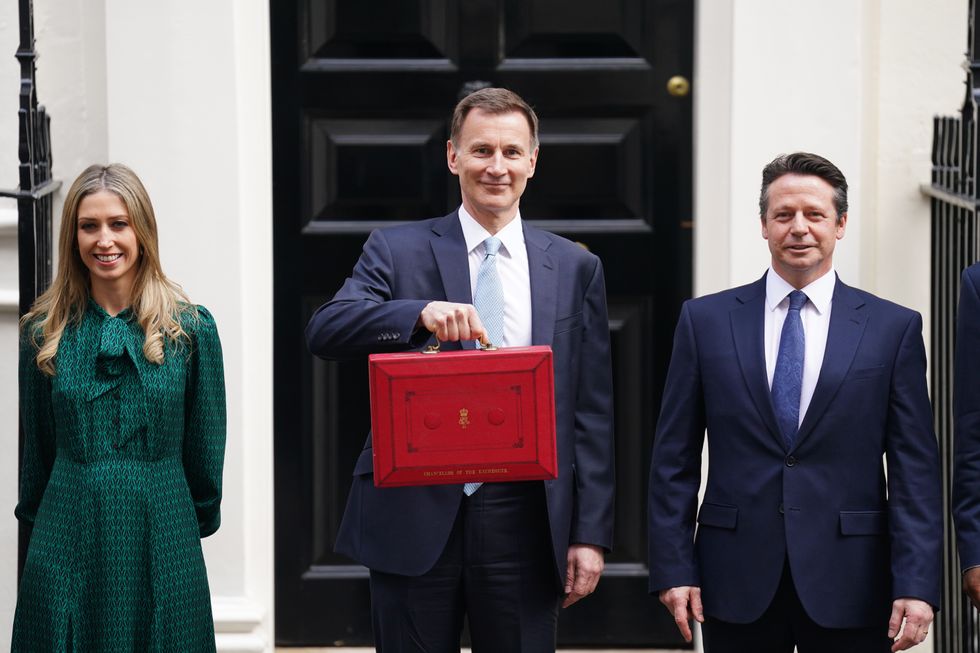
Jeremy Hunt extended the fuel duty freeze earlier this year
| PAThe strong words come after a debate - The Future of Fuel: The Road to Zero Emissions - at the Royal Academy of Arts which proponents of electric, hydrogen and biofuels attended.
Simon Sutcliffe, a customs and excise Partner at the firm, said: "It is clear that the replacement of conventional fuel types will result in the loss of tax revenue for any Government.”
There have long been calls for Governments to prepare for the drop in revenue that will be seen as the number of petrol and diesel vehicles on the road falls.
Research has suggested that Government coffers will lose out on as much as £35billion through the lack of tax receipts in the coming years as people switch to electric vehicles.
So far, very little has been done to account for the impending losses, although some have called on the Government to revolutionise the system of taxation to make it suitable for future generations where internal combustion engine vehicles will be less common.
Sutcliffe added: "Innovative forms of taxation will have to be devised to maintain those revenues, push forward any Government green policy and change consumers and manufacturers' behaviours.
"No immediate victor in the world of renewable fuels emerged at the debate, and tribalism still exists between the proponents of electricity, liquid and gas-related fuels."
He continued, saying that the source and creation of the fuels must be considered when debating the future of fuels amid moves to achieve net zero emissions in future.
The next Government may have to deal with a headache on the issue of fuel duty as it must consider whether to keep the freeze in place that was originally introduced in 2022 to deal with rising petrol and diesel prices.
The 5p per litre cut is due to expire in March 2025 when the new Government could decide to keep the cut in duty, return it to its original level of 57.95p or update it, which would likely be very unpopular.
Sutcliffe concluded: "Creating a fuel of the future that is emission-free at the point of manufacture that still emanates from unrenewable and polluting production defeats the purpose.”
In March, the Social Market Foundation (SMF) said the fuel duty freeze is bad value for money and benefits the wealthy who tend to own more vehicles that are less fuel efficient.
LATEST DEVELOPMENTS:
- M40 traffic: Overturned lorry causes road carnage with motorway likely closed for the 'foreseeable future'
- Britons issued urgent travel warning after new driving permit rules introduced - 'Departure from the past'
- Millions of drivers risk huge fines from 'hidden' speed limit signs amid 'especially concerning' warning
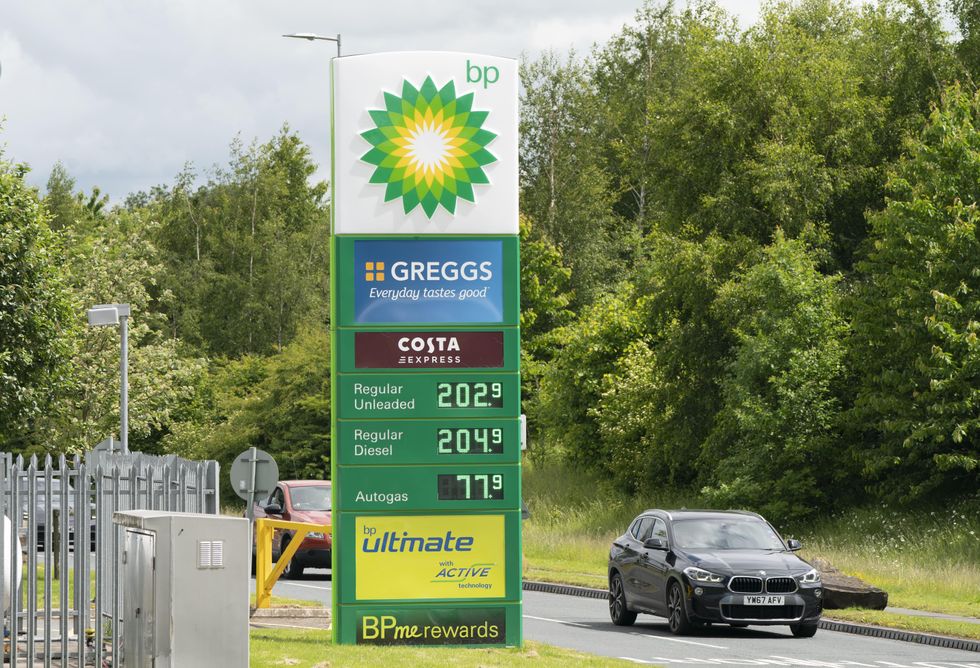
The fuel duty cut was introduced to lower petrol and diesel prices
| PAA report from the SMF stated that the cut "does little for the economy", with the continued freezing of the policy incentivising the use of petrol and diesel vehicles.






